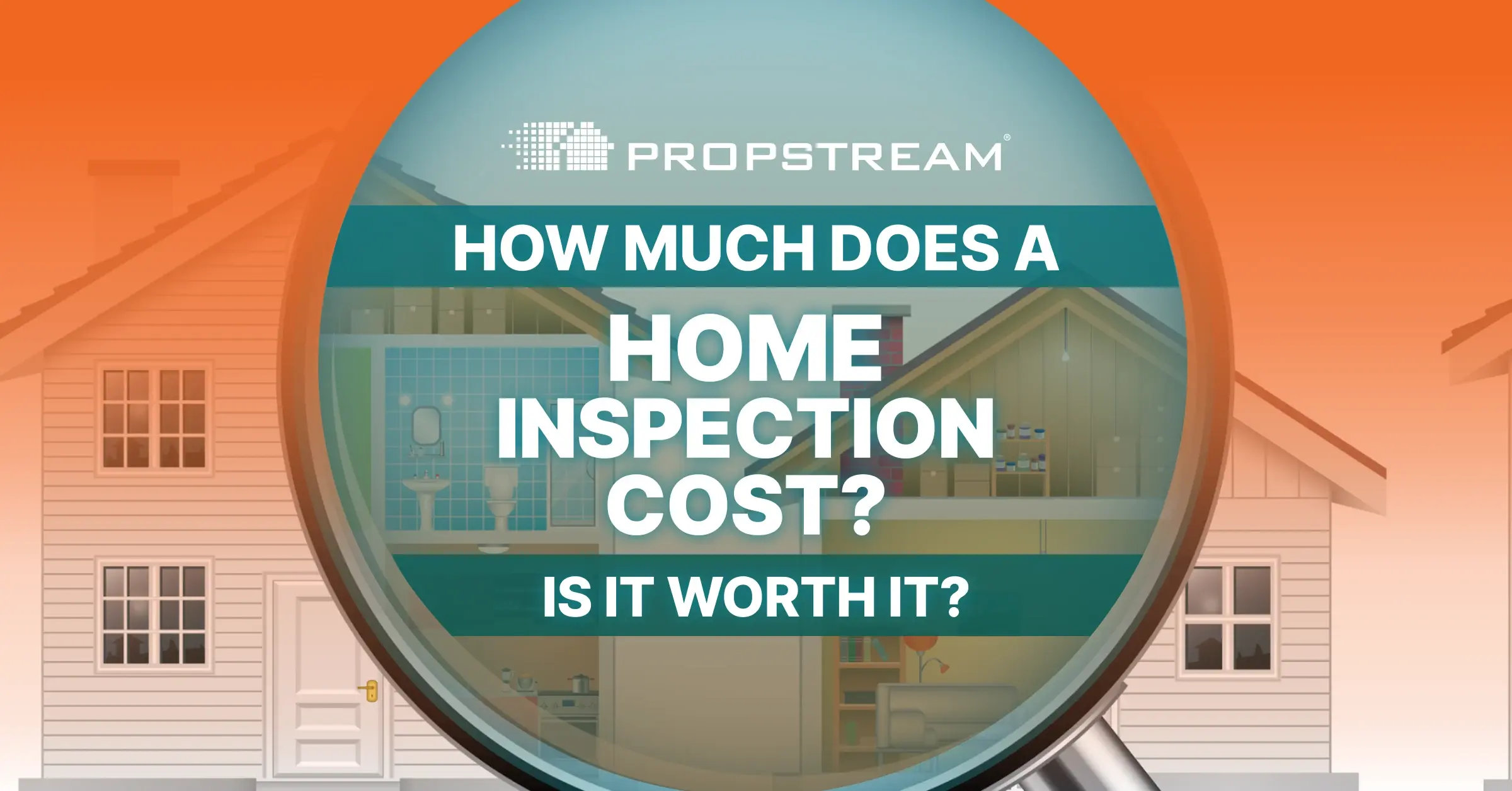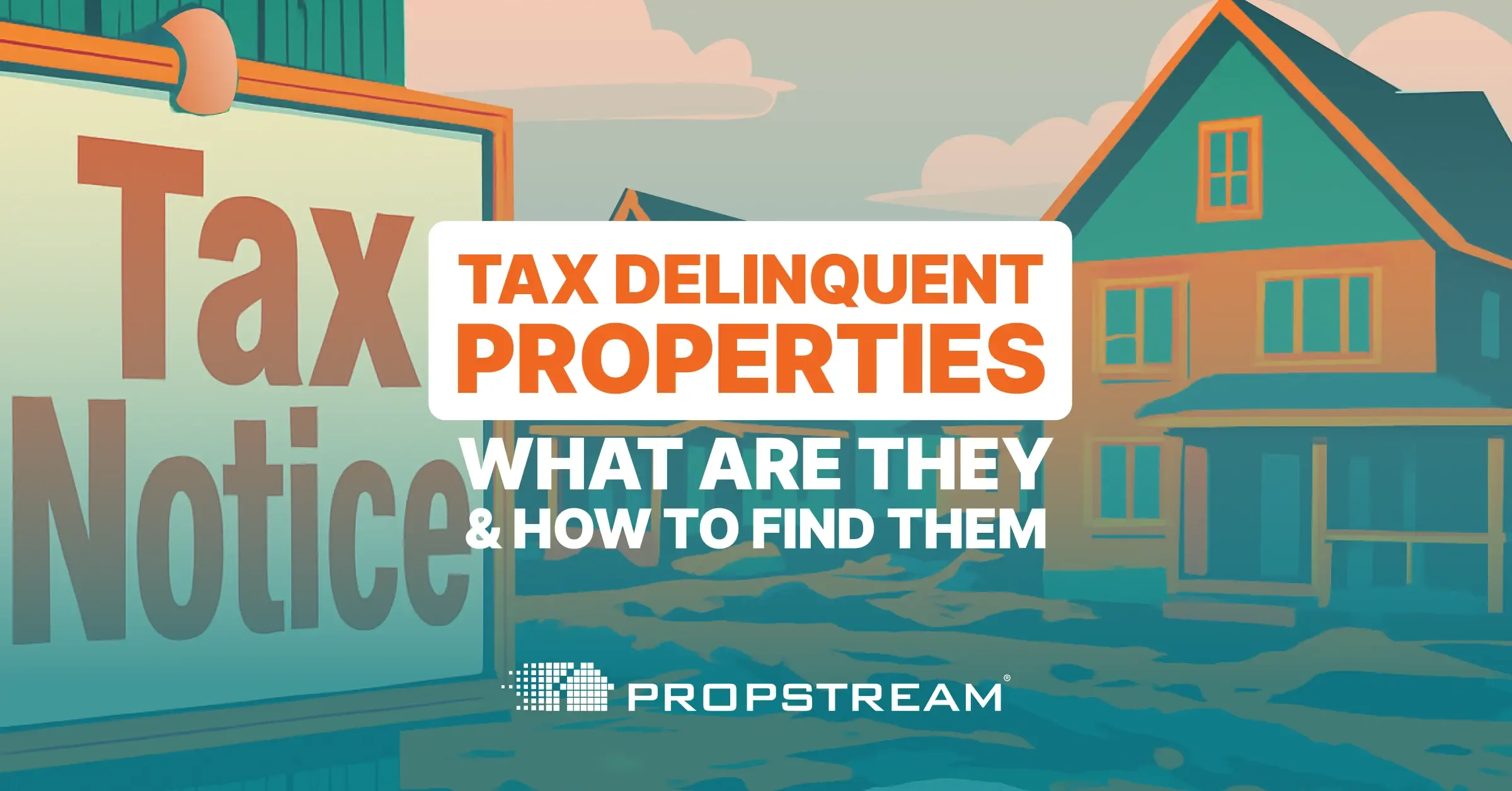As a real estate investor, you’re probably familiar with the terms “leasing agent” and “property manager.” You may even hear these terms used interchangeably. But they’re actually two different roles, and one might better serve the needs of your real estate investment business than the other. Or you may need both to run your business efficiently.
Here’s a quick overview of the differences and some information to help you make the best decision for your real estate business.
What Is a Leasing Agent?
A leasing agent focuses solely on finding potential new tenants, touring them through the property, and screening them to make sure they qualify to lease the property. Finding quality tenants can be challenging, which is why professionals use smart tech solutions such as PropStream’s built-in marketing tools to target potential tenants through the use of in-browser online advertisements, website landing pages and email campaigns.
Leasing agents will also typically handle the move-in paperwork (like rental applications, leases, and move-in inspection forms). Once the tenant is moved in, the leasing agent’s job is complete.
Leasing agents are typically paid a one-time commission. The commission percentage varies by market and is negotiable, but a common arrangement is 50% of the first full month’s rent.
What Is a Property Manager?
Property managers provide ongoing management services for the property long after move-in. They oversee the ongoing operations of the property month-to-month or year-to-year (depending on your property management agreement). Their responsibilities include collecting rent, handling maintenance and repairs, addressing tenant concerns and renewing tenant leases.
Property managers are typically paid a monthly commission. As with leasing agents, the commission percentage varies by market and is negotiable. A common arrangement is somewhere between 5% and 15% of each month’s rent.
Many property managers are happy to include leasing agent services in their property management agreement, but there will likely be additional fees for finding new tenants (similar to the fees you’d incur from a leasing agent).
Which Does Your Investment Business Need?
Generally speaking, here’s how to tell if your business needs a leasing agent, a property manager, or both:
Leasing agents are ideal for investors with small portfolios who plan to manage their assets themselves, but need assistance finding and screening tenants.
Property managers are ideal for hands-off investors with fairly small portfolios. Since many property managers will include leasing agent services, hands-off investors can hire one property manager to service their entire portfolio, as long as they don’t own an overwhelming number of units.
You’ll want both if you have a large portfolio. Large portfolios tend to operate with regular vacancies, which will keep a leasing agent busy finding and screening new tenants all year long, while your property manager is busy serving the existing tenants. Your property manager and leasing agent should work together to provide a smooth experience for your tenants. And with exceptionally large portfolios of hundreds of units, you’ll likely need multiple leasing agents and property managers working together. Many property management firms can supply full staffing to meet the needs of your unique portfolio.
It’s also possible to do the work yourself and increase your profit margins. If you have a small portfolio and enjoy being a hands-on investor, you could handle all the leasing and management work yourself. You just need the right tools to run your real estate investment business professionally and ensure nothing falls through the cracks.



